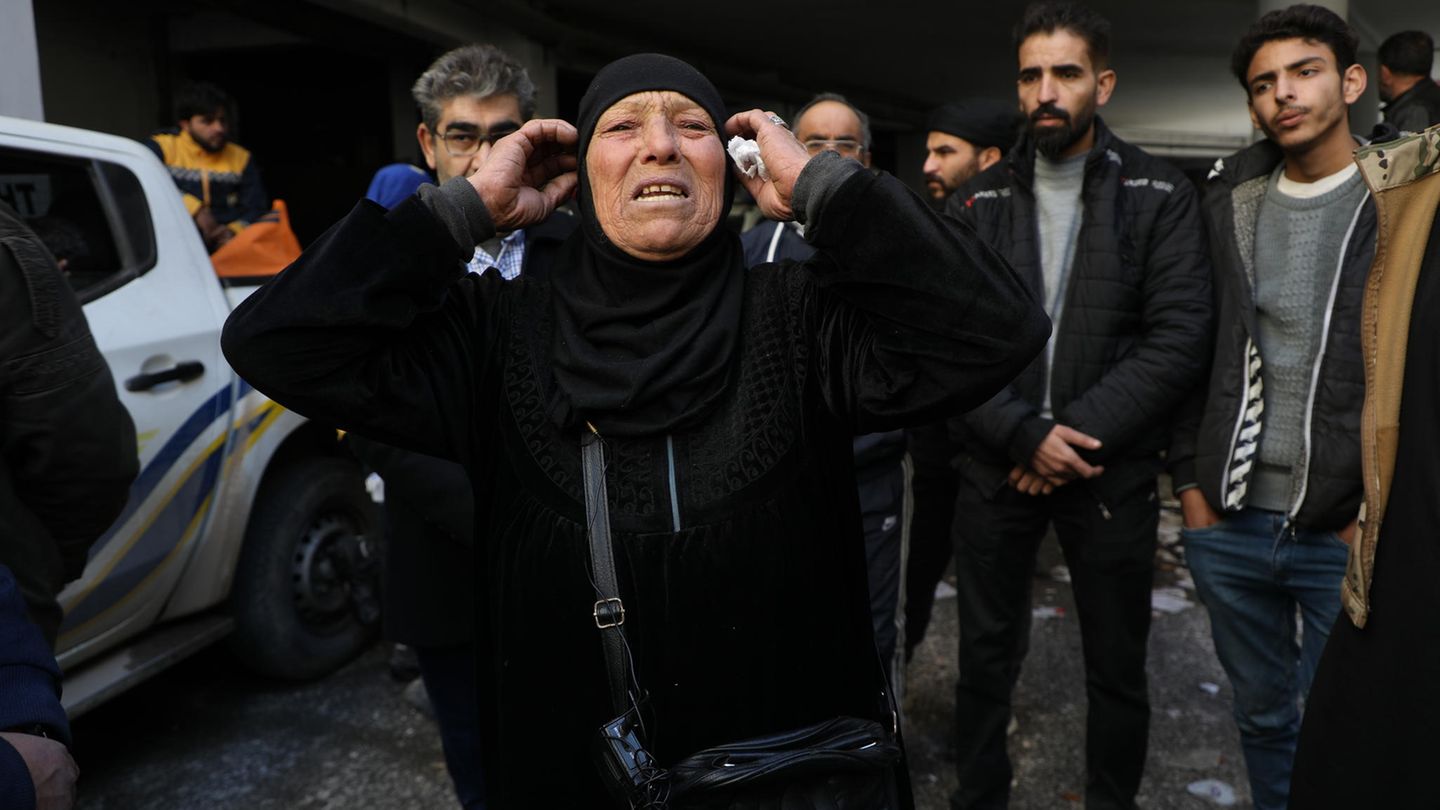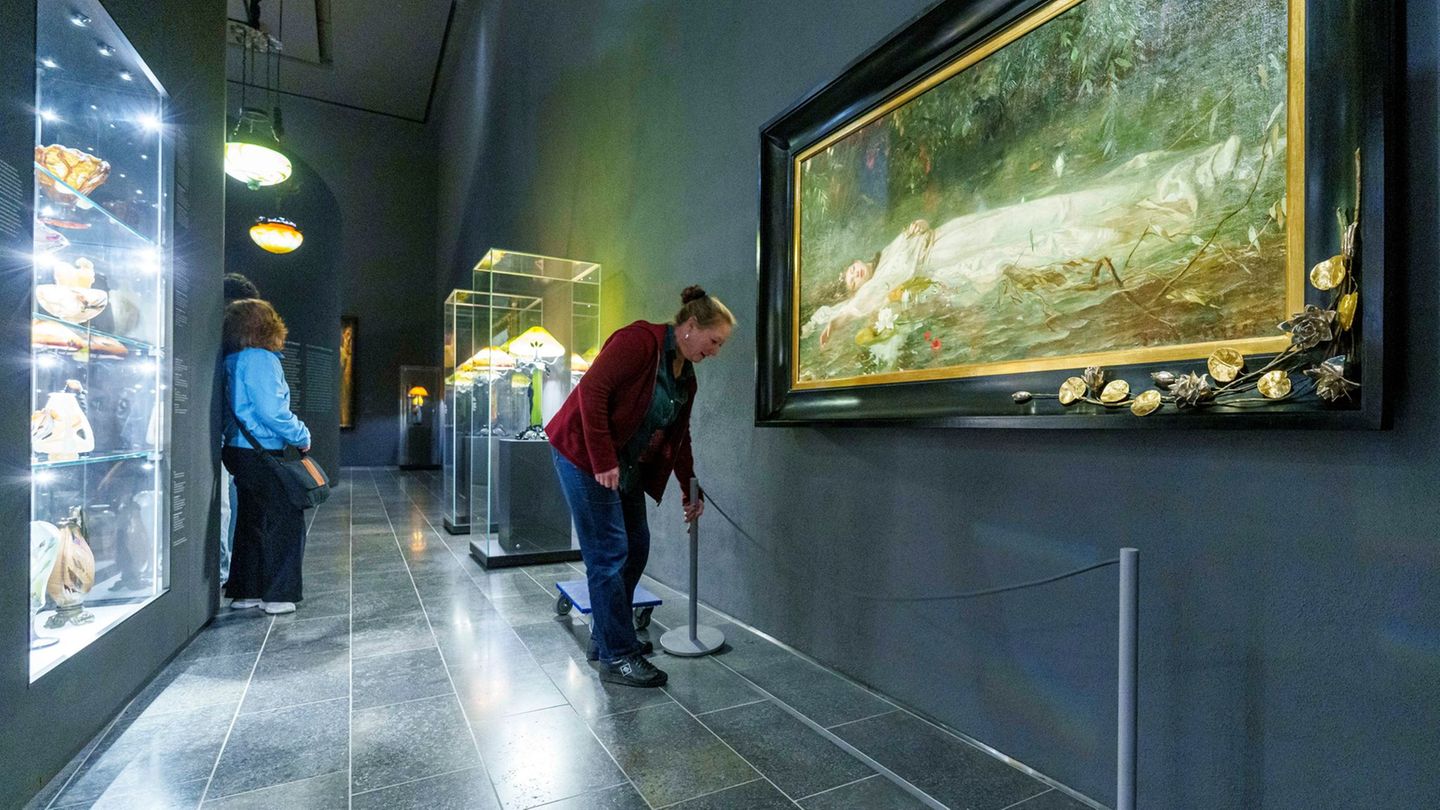“The Situation – International”
Assad’s terrible legacy – what lies ahead for Syria now?
Copy the current link
Syria is a geopolitical hotspot. Nevertheless, the impetus to overthrow the Assad regime came from within. But powerful neighboring countries view the restart with suspicion.
After 54 years of dictatorship, the political restart is a path into the unknown for the people of Syria. State institutions are fragile following the collapse of the old regime. At the same time, it is to be expected that regional actors will attempt to influence developments in the interests of their interests. In this special episode of star– s “The Situation – International” are outlined by security expert Christian Mölling from the Bertelsmann Foundation and Steffen Gassel, former Middle East correspondent star, some of the risks and challenges the country must now deal with.
While people on the streets are still celebrating the end of the hated regime after almost 14 years of war, it is becoming clear how much the toxic legacy can weigh on the new beginning. Prisons in which Assad’s secret service systematically tortured and disappeared political opponents for decades are being opened across the country these days, such as the notorious Sednaya prison north of the capital Damascus. “The horror that emerges there can destroy the delicate peace and tolerance between different social groups,” said Steffen Gassel. Anyone who wants to avoid this must ensure reliable prosecution of the atrocities committed by the overthrown regime. But in Syria, which did not have a constitutional justice system under the Assad regime, the conditions for this are currently extremely poor.
Syria: Russia fears for its bases
Security expert Mölling pointed out the important role that sub-state structures can play in the current upheaval in Syria. In fact, newly formed councils made up of representatives of religious groups and ethnic groups are trying to ensure balance and strengthen social cohesion.
The role of Russia, the previous protective power, has also been called into question since Assad’s fall. “The Russians are worried about access to their naval base in Tartus and their air force base in Latakia,” said Mölling. “The question is how long it will take for such external forces to regain influence. They may not have any interest in stabilizing the country.”
Source: Stern
I have been working in the news industry for over 6 years, first as a reporter and now as an editor. I have covered politics extensively, and my work has appeared in major newspapers and online news outlets around the world. In addition to my writing, I also contribute regularly to 24 Hours World.




